The 74th Berlinale has premiered in Competition the documentary Architecton, by Russian director Victor Kossakovsky, whose talent was already recognized in his first film, Belovy (The Belovs), winner of the VPRO Joris Ivens Award and the Audience Award at the International Documentary Festival Amsterdam in 1993. His films have garnered over a hundred international awards and have been screened at the world’s most important festivals, with two of them, Aquarela (2018) and Gunda (2020), having been nominated for the Oscar for Best Documentary.
Between a prologue and an epilogue, Kossakovsky immerses us in a cataract of stones, in an orgy of demolition, a burst of rocks in slow motion, which in their intensity and duration exert an enveloping effect, like those images of deconstruction of physical elements that abduct us through the gaze. Hypnotically, accompanied by Evgueni Galperine‘s soundtrack, we enter a trance only interrupted, on another scale, by the presence of the Italian architect Michele De Lucci, giving instructions to a couple of workers to build a circle of half-buried stones in his garden, a project whose completion we will witness at the end of the documentary.
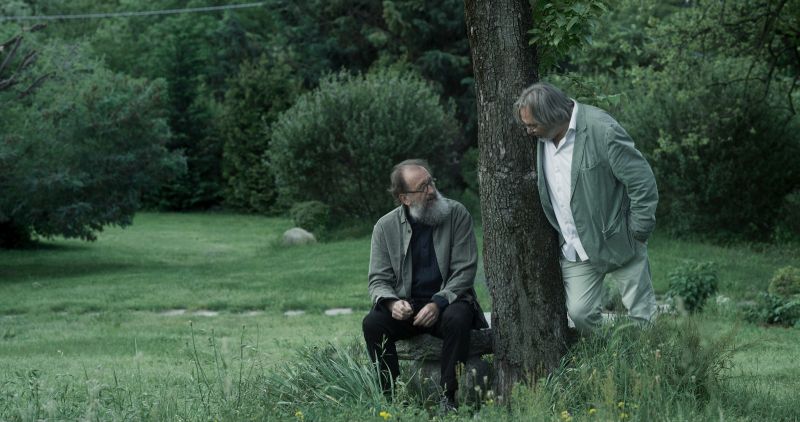
Architect Michele De Lucci and director Victor Kossakovsky in the epilogue of Architecton.
The use of the ubiquitous drone, the effect of immediacy, sensorially amplified by the quarry bleeding before our eyes, is effective and, by repetition, also saturating. The exploding mountains, stones shot in all directions, which we are limited to see falling in waterfalls, rolling, filmed in a quarry with absolute cleanliness by Ben Bernhard, alternate at a given moment with the ruins of Baalbek, with an archaeological site and the architectural debris after the last devastating earthquake in Turkey, transported in endless procession of trucks loaded with debris. All this conveys a filmic meditation on the permanence, not only of our buildings but also of our cultures and civilizations, showing architecture as a reflection of man’s action and the means he uses and prioritizes to build his habitats throughout history. Our construction materials define us and portray us in the transience or eternity, in the vocation of immediacy or survival.
In the prologue 0f Architecton we have a birds-eye view of the devastation caused by the Russian bombings in Ukraine, with an unprecedented intensity, but Kossakovsky does not lead us to reflect on the horrors of war but on the action of man in his ecosystem, in terms of the materials he has used throughout history to build his shelters, dwellings and large buildings. The camera travels floor by floor through open constructions, showing the guts of the inhabited, the traces of man in his contemporary caves. And we perceive that what we contemplate has a different meaning, Kossakovsky is not documenting the consequences of war, the cruelty of destruction, but is taking these architectural corpses as arguments for the thesis that develops his documentary.
The director, with the inserts of the architect, whom he will accompany in the epilogue, exposes the decadent drift of our construction techniques and how the abandonment of noble materials directly extracted from the earth has been replaced by the indispensable concrete. Ancient civilizations have bequeathed buildings that are still standing after vicissitudes that have lasted millennia, while modern materials and their processes lead us to a programmed obsolescence of about forty years, after which our buildings will begin to be inexorably vulnerable.
“We don’t just design buildings” is De Lucchi’s key sentence that defines his work, “We design the behavior of people”. The architect admits with embarrassment his complicity with the evolution of construction and his participation in the design of skyscrapers in Milan. Architecton launches his own reflection without voice-over, trusting in the austere effectiveness of his images and their effect on the viewer, who will never look at his own house in the same way again.

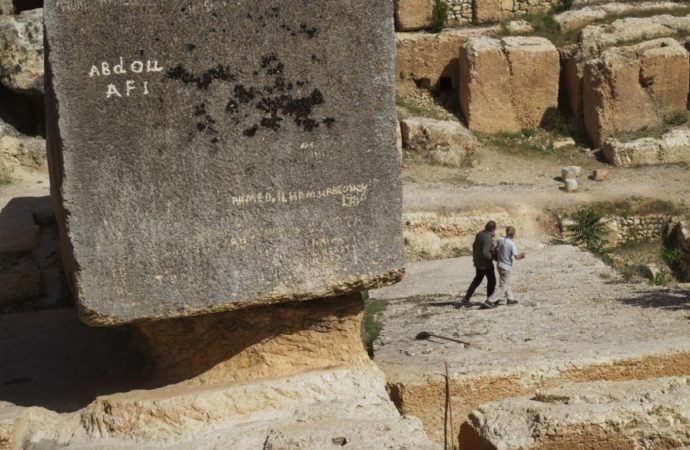
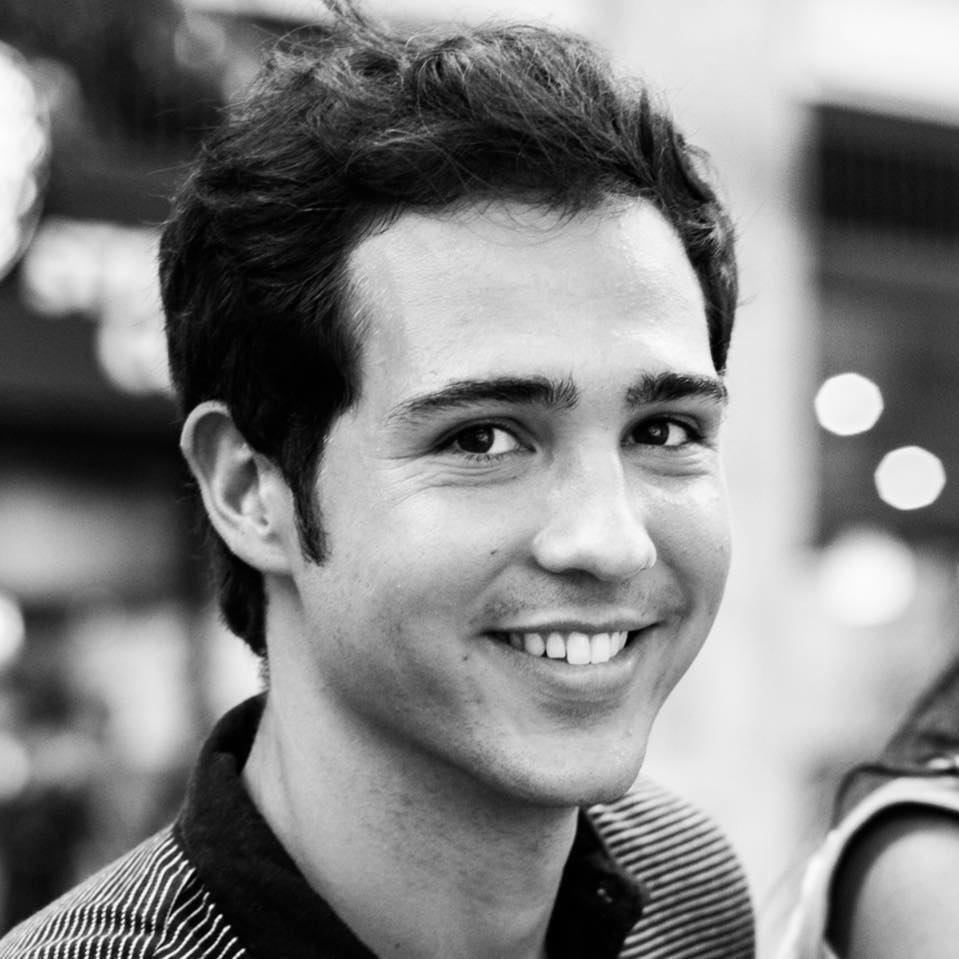
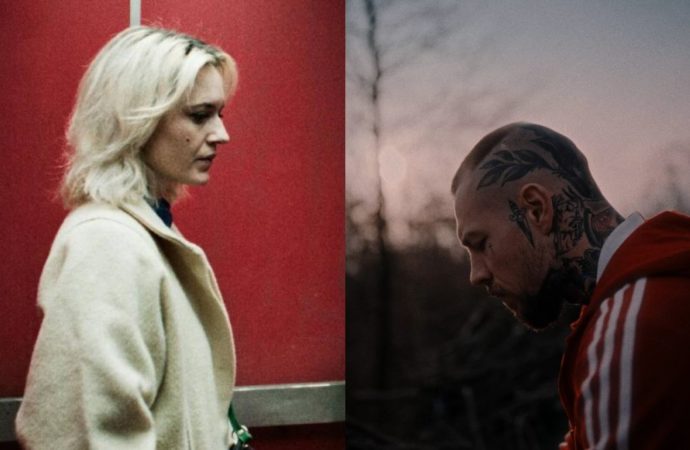
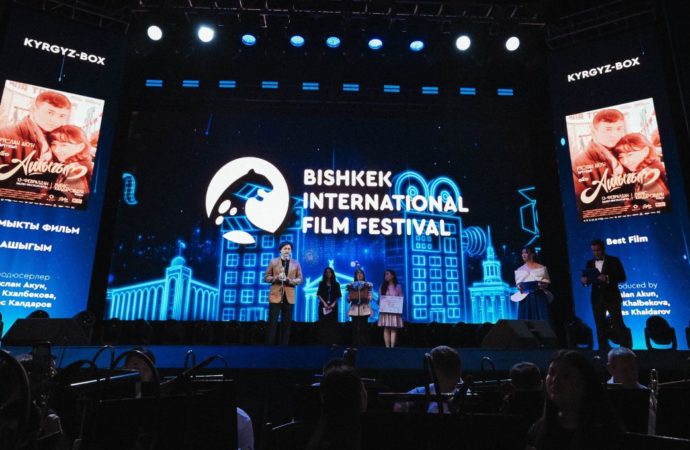
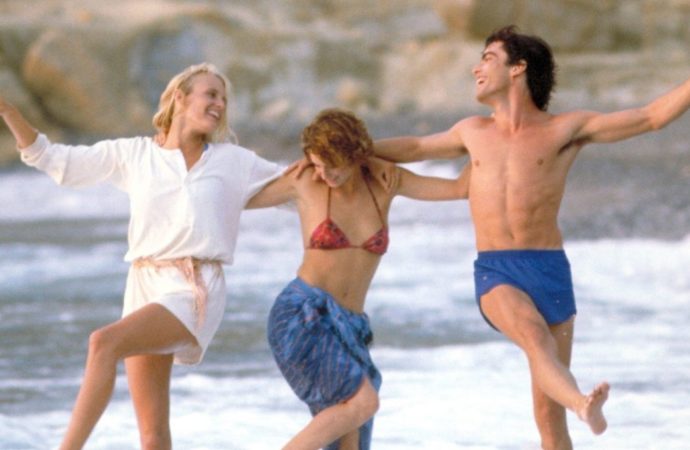
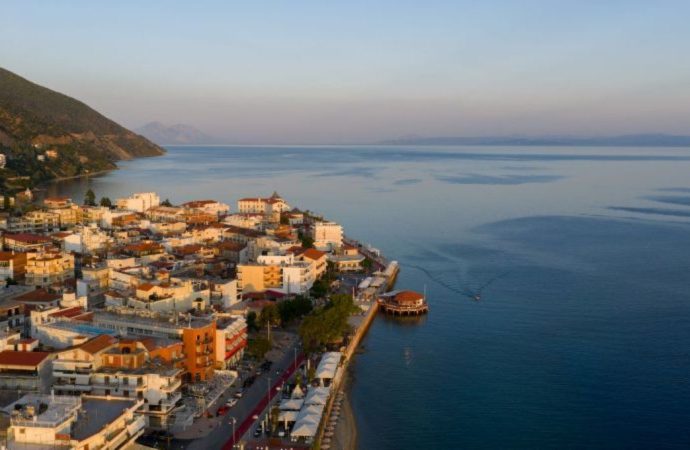
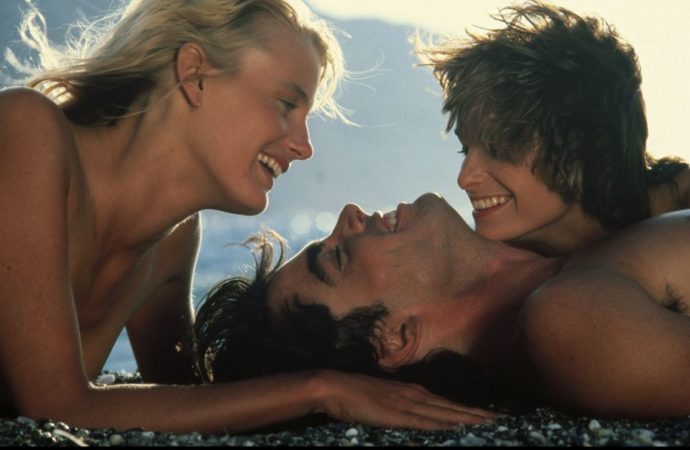

No one has posted any comments yet. Be the first person!